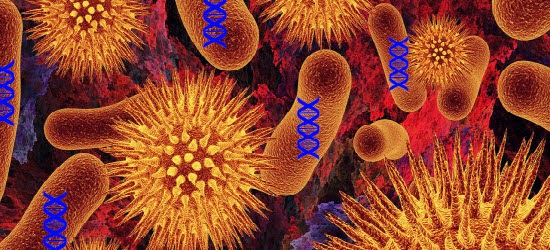Work for B.Sc, B.Pharm, M.Sc, D.Pharm as Business Development Manager in Ar-Ex Laboratories
Ar-Ex Laboratories Pvt. Ltd is a professional and research based pharmaceutical company having Pan – India presence with the comprehensive set up of 20 Distribution Outlets and 1200 stockists spread out across the length and breadth of India. With a strong R&D, Technology and Manufacturing Base, Ar-Ex is moving ahead. Ar-Ex has been in operation over five decades in India with vast experience in providing healthcare solutions. The company is headed by dedicated and highly qualified technocrats.





 INBA has global reach and membership.
INBA has global reach and membership.





